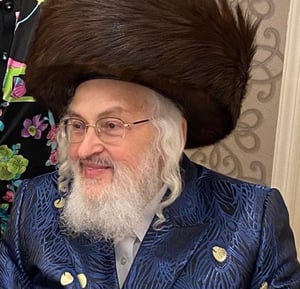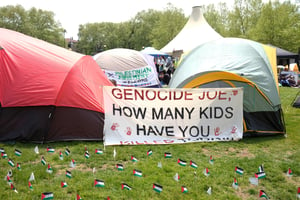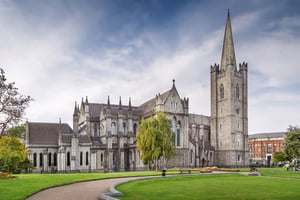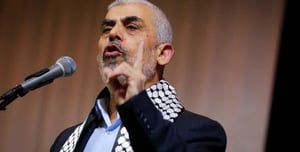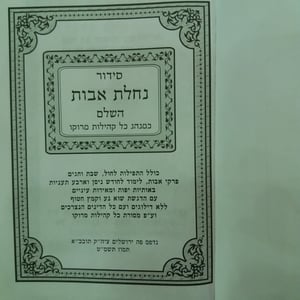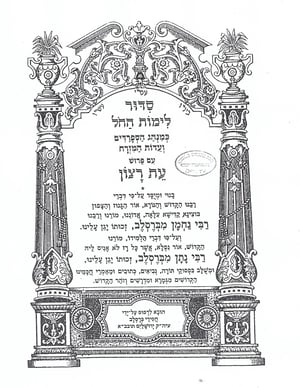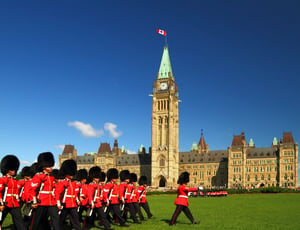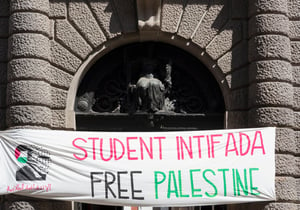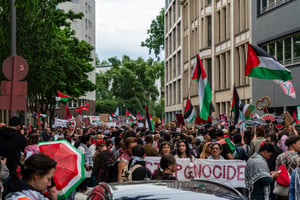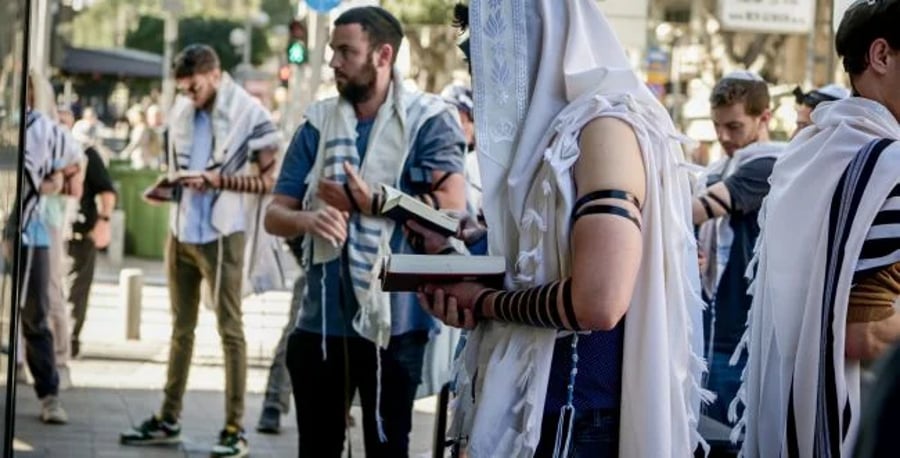
In response to the district court's ruling, the Tel Aviv municipality supported the decision, stating that segregated prayers would not be allowed in public areas of the city. Approximately 30 petitioners, including the organization "Jewish Head," submitted their appeal to the Supreme Court this morning. In a statement, the petitioners said: "We will continue to fight for our right to pray in our way, according to our beliefs and the traditions of Israel. Judaism is stronger than any municipal regulation and more than the unfortunate decision of the Tel Aviv municipality to exclude the traditional community from public space, and Judaism itself."
They added, "We expect the Supreme Court to overturn the decision and allow us and thousands of other worshippers to pray in separation, just as our ancestors have done for thousands of years. In our anthem, we sing: 'To be a free people in our land.' This freedom applies not only to Zion and Jerusalem but also to Tel Aviv."
The petitioners further noted, "Interfering with the style of prayer under the guise of preventing women's exclusion is condescending, as if we do not understand what we are doing… Modesty is not exclusion! Self-respect is not discrimination! The right to pray does not harm equality! Public space belongs to everyone!"
Recall that in the ruling by Judge Erez Yakuel this week, it was stated: "Regarding the issue of separation, I found no reason to replace the municipality's discretion with my own, as I am not convinced that the decision deviates significantly from the realm of administrative reasonableness. It is based on clear sources, and no elements of arbitrariness, discrimination, unfairness, lack of proportionality, or consideration of irrelevant factors were identified. Even if a different decision could have been made, it does not necessarily indicate an administrative flaw in the decision as it was rendered."









